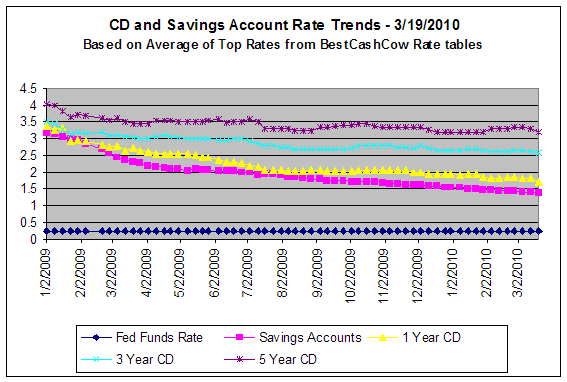Most Americans have too much taken from their paychecks each year. Why let the IRS hold your money interest-free? If you received or will receive a refund this year, we'll discuss how to reduce your withholding to receive a fatter paycheck...starting next pay day!
Generally, people pay taxes as they earn income during the year. Many taxpayers think about their withholding amounts only once a year – when they file their annual tax return. However, there are other times when reviewing one's withholding and making an adjustment can be advantageous, especially after a marriage, divorce, addition or loss of a dependent, or other certain life and career changes. The amount that is withheld is determined by the way an employee completes a Form W-4 (Employee's Withholding Allowance Certificate). Because each exemption decreases the amount of your withholding, it also increases the amount of pay you take home.
At tax time, withholding functions in two ways: If you do not pay enough through withholding, you will owe money, but if you pay more than enough, you get a refund. Ideally, you should pay near what you owe so you keep more of your money in your pocket throughout the year.
When it comes time to complete your tax return, withholdings from all sources are combined. This amount, combined with refundable credits, is used to offset your tax liability. If your withholding and refundable credit amount is greater than your taxes, you get a tax refund; if it is less, you have a balance due.
One way to ensure your withholding is accurate is to change your withholding when certain life events occur. For example, when a child is no longer eligible to be claimed as a dependent and the parent forgets to reduce the number of exemptions on their Form W-4, their tax liability increases and they could have a balance due at tax time.
Taxpayers who continue to work while receiving their retirement distributions may also end up without enough withholding. In the case of taxpayers with multiple jobs, if they do not adjust their Form W-4 for each job (considering their total income and withholding), they may find that the combined withholding from all of their jobs is too low, ultimately creating a balance due situation.
Most importantly, keep in mind that you can complete a new Form W-4 as often as necessary through your payroll department. There are tools available to help you evaluate your withholding, such as the IRS Withholding Calculator (at www.irs.gov), but if you are unsure how to claim withholdings or have questions about changing your withholding, speaking with a tax preparer can help you avoid surprises when you file an annual tax return.

